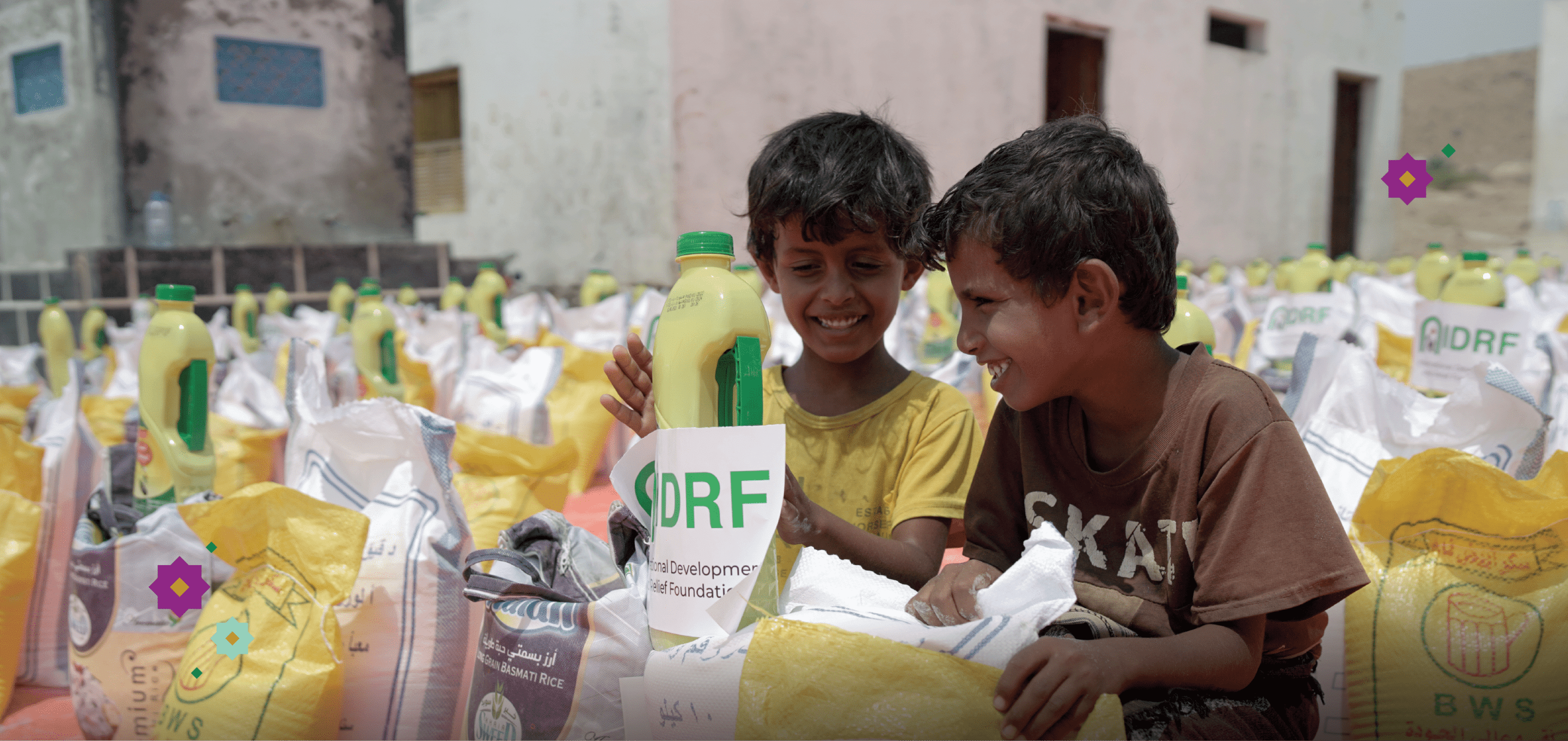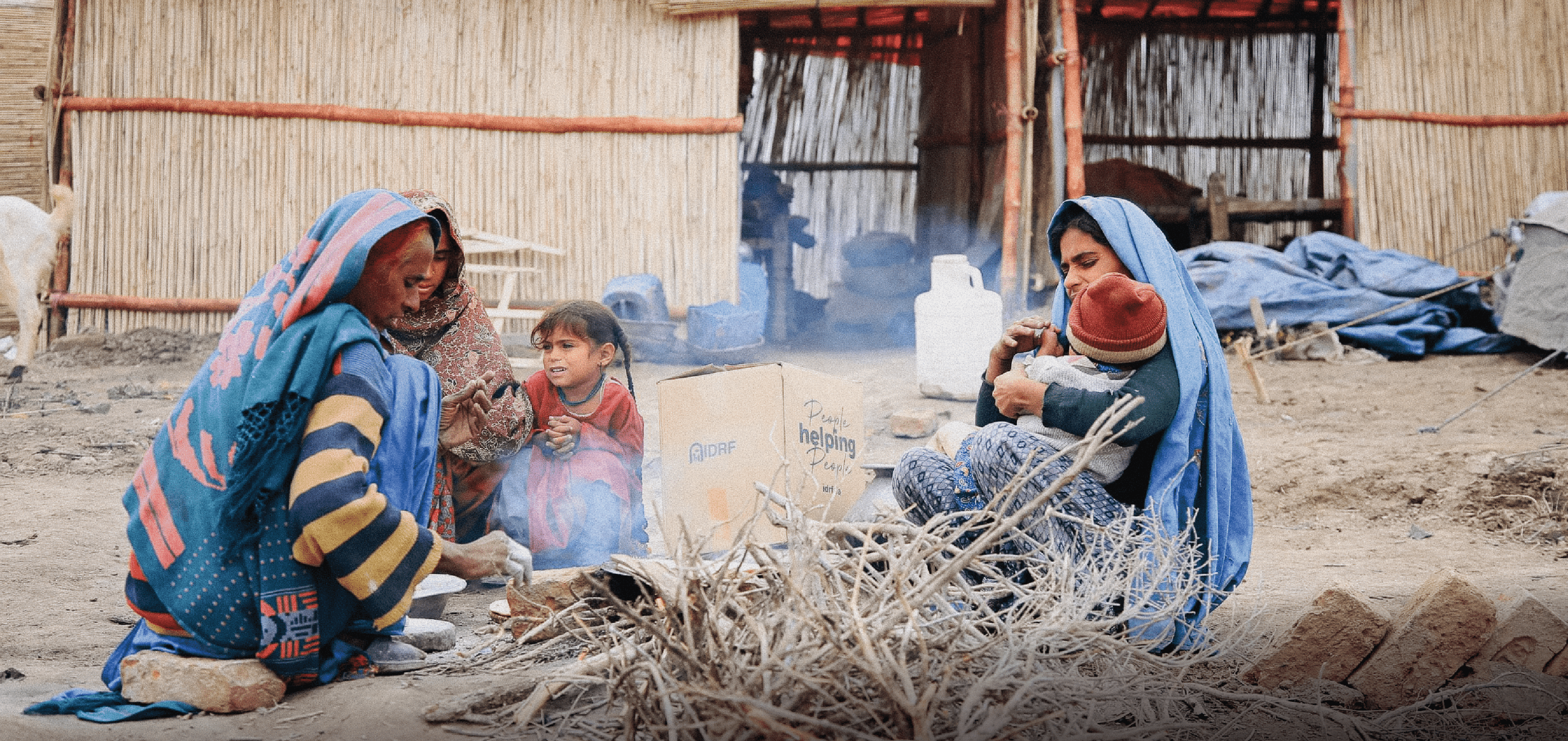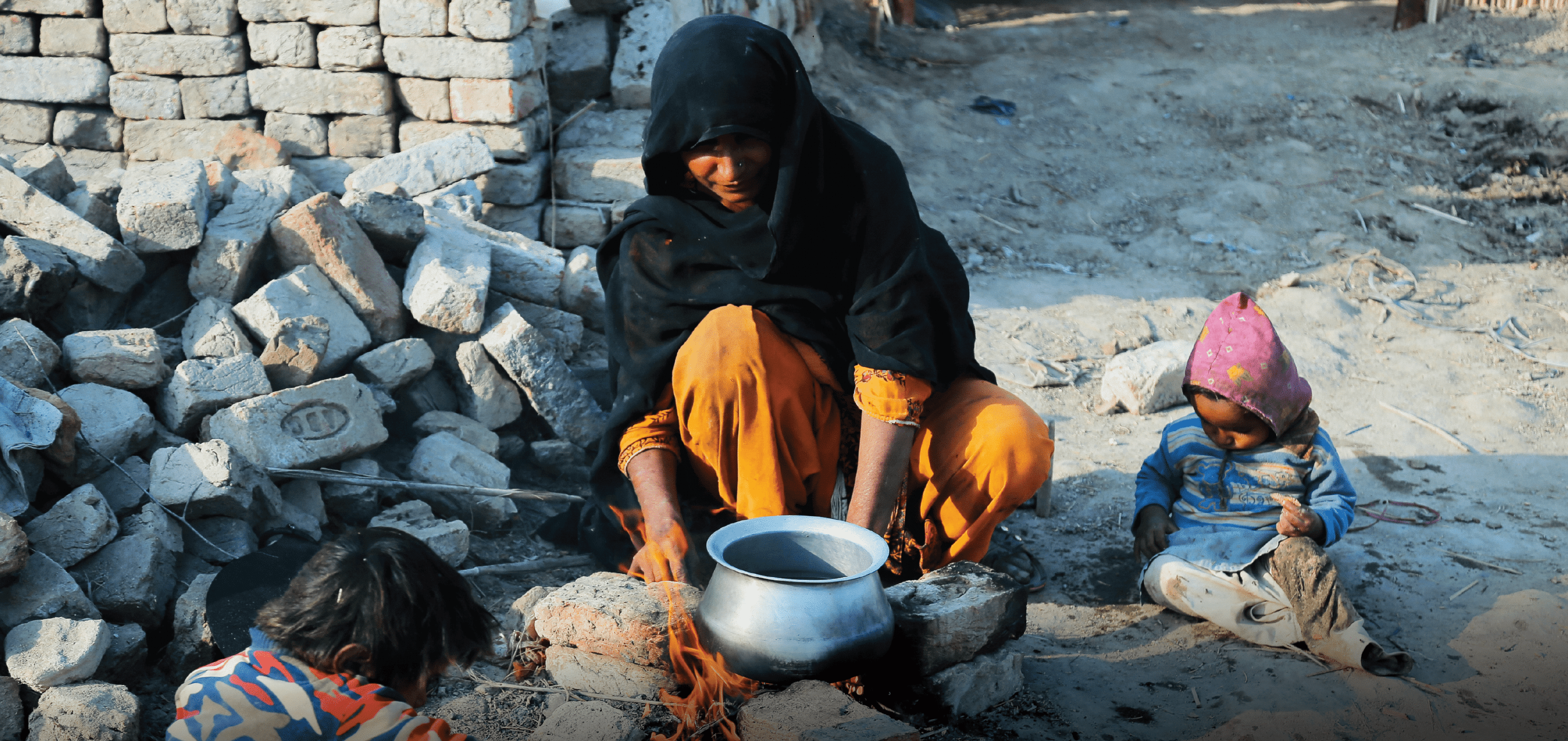
As many of us reflect upon the state of the world during our fasts in the blessed month of Ramadan, it is becoming increasingly clear that we are on the brink of a catastrophic food shortage. More and more countries are pushed into a state of emergency and need humanitarian assistance. The global food crisis is worsening at an unprecedented pace, posing a dire threat to the health and well-being of millions of people around the globe. With dwindling resources and mounting pressures, the question is not if we will face a food crisis, but rather when it will strike and how devastating its impact will be. It is time to take action and confront this looming threat before it’s too late.
World Hunger Statistics
The world hunger statistics are stark. The World Food Program warns 811 million people across the world go hungry. This means that 1 in 9 people do not have access to enough food to meet their daily nutritional needs. In many countries, high inflation rates have made it difficult for people to afford food, leading to widespread global hunger and malnutrition. Since the COVID-19 pandemic, the price of food has skyrocketed further worsening the food crisis. According to the Food and Agriculture Organization (FAO), an additional 132 million people globally were pushed into hunger in 2020, largely due to the pandemic’s economic fallout. Even more concerning, 41 million people worldwide are on the brink of famine, and 3.1 million children die of malnutrition every year. From these world hunger statistics, it is without a doubt that hunger and malnutrition remain major global challenges.
Global Food Crisis

The global food crisis is a complex issue that is caused by various factors. One of the primary reasons for the food crisis is conflict. In many countries, conflict, and war have disrupted food systems, leading to food shortages and high food prices. Climate change is another factor that has contributed to food insecurity issues. Extreme natural disasters such as prolonged droughts, floods, and hurricanes have affected agricultural production, reducing food availability and driving up prices for millions worldwide today. The confluence of several factors has resulted in some of the most severe humanitarian crises of our time in unparalleled proportions, with countries such as Yemen, Pakistan, Afghanistan, Palestine, Turkiye, and Somalia among the worst affected.
Food Security Issues
Food security issues are a critical issue that is closely related to the global food crisis. Food security exists when all people, at all times, have physical, social, and economic access to sufficient, safe, and nutritious food to meet their dietary needs and food preferences for an active and healthy life. However, food security is not just about having enough food. It is also about having access to the right types of food, ensuring that food is safe to eat and that people have the means to purchase it.
Food security issues are threatened by a range of factors, including climate change, conflict, poverty, and inequality. Climate change, for instance, can affect food production, making it harder for people to access the food they need. Conflict and displacement can also disrupt food systems, leading to food shortages and high food prices. Poverty and inequality can also prevent people from accessing the food they need, leading to widespread global hunger and malnutrition.
Global Hunger Solutions
Since the global food crisis is exacerbated by a host of complex challenges like climate change, poverty, inequality, and conflict, solutions to global hunger will require different initiatives. One initiative that holds the promise of reducing these factors and creating a more sustainable and equitable future is to address the root causes of the problem. This means addressing the factors that contribute to the food crisis as mentioned. Governments, NGOs, and international organizations can work together to promote peace and stability, reduce greenhouse gas emissions, and improve economic stability. By tackling the root causes of food insecurity issues head-on, we can ensure that future generations have access to the nourishment they need to thrive.

Another solution to combat the food crisis is to improve food systems. This means investing in agriculture, improving infrastructure, and promoting sustainable farming practices. By improving food systems, we can increase food production, reduce food waste, and make food more accessible to those in need. It is also important to ensure that food is distributed equitably so that everyone has access to the nutritious food they need.
Education and awareness-raising are also important solutions to combat the food crisis. By educating people about the importance of nutrition and sustainable farming practices, we can promote healthy eating habits and improve food security. We can also raise awareness about the impact of climate change and encourage people to take action to reduce their carbon footprint.
Providing humanitarian aid is another solution to combat the food crisis. IDRF is actively working to address global hunger in vulnerable communities. At IDRF we provide emergency food assistance to people affected by conflict, natural disasters, and other crises. We also support vulnerable communities by providing long-term food assistance, such as food vouchers or cash interventions, to help them purchase the food they need.
We also provide iftar meals and food packages to countries in need, ensuring that families can enjoy three meals a day for an entire month. This effort not only fights global hunger but also promotes sustainability and supports vulnerable businesses. Through our programming, access to food is increased among communities facing food insecurity issues.
World Hunger
The global food crisis remains a formidable challenge that requires bold and sustained action to overcome. We can take concrete steps to ensure that families have access to the sustenance they need to thrive. By practicing solutions to the global food crisis, not only will we reduce hunger but we will also promote sustainability, creating a virtuous cycle of economic and social development.
We are proud of the impact our generous supporters have made so far and we remain dedicated to expanding our efforts and reaching more communities in need. With your help, we can create a world where access to food is a basic human right enjoyed by all.
